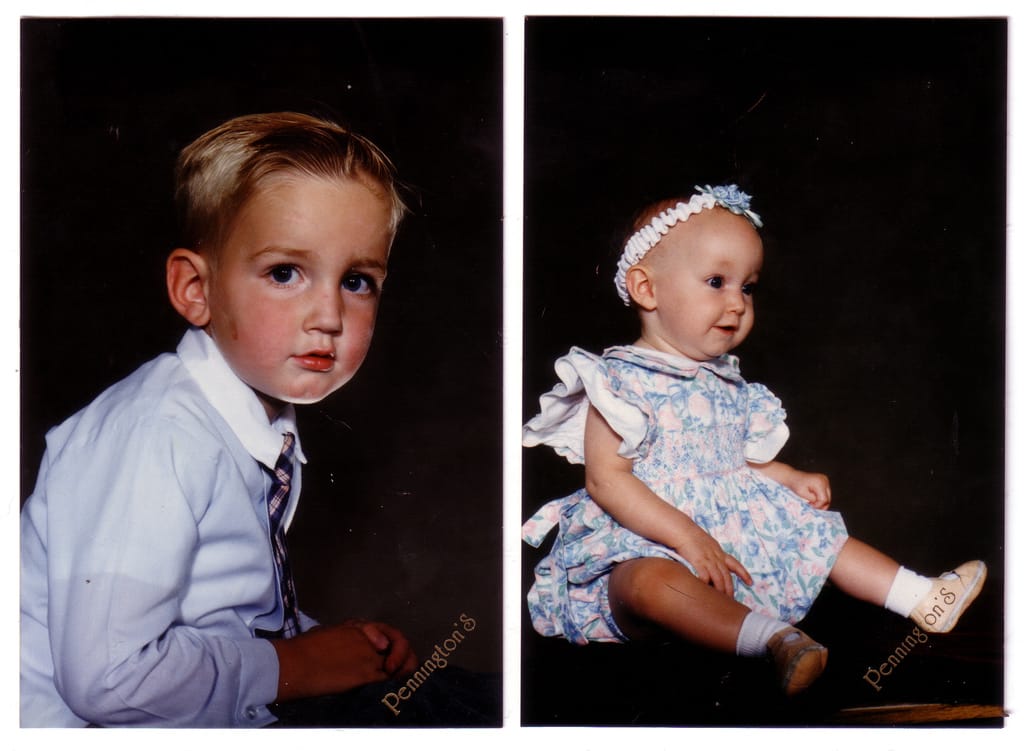On parenting, love, and simply, what is.

Is the pain of yearning for a child you never had greater than the pain of regretting a child you did? As the mother of two adult children, one recently diagnosed with a mental illness, I struggle with this question, to the point of guilted torment.
“There is no contradiction between loving someone and feeling burdened by that person; indeed, love tends to magnify the burden.”
Eight and ten years past the 18-year milestone, I thought my parental life would be easier now. It is not.
“Perhaps the immutable error of parenthood is that we give our children what we wanted, whether they want it or not. We heal our wounds with the love we wish we’d received, but are often blind to the wounds we inflict.”
The anguish and guilt of parenting, intensified as a single parent and orphan myself, are only more psychological now, deeply rooted and with a new name.
I envy the childless my age, while simultaneously pitying them for the developmental experiences they will never have, no matter how agonizing parenting children might sometimes be.
“This thought runs like a bright golden thread through the dark tapestry of our sorrow. We learn so much from our children—in patience, in humility, in gratitude for other blessings we had accepted before as a matter of course; so much in tolerance; so much in faith—believing and trusting where we cannot see; so much in compassion for our fellow man; and yes, even so much in wisdom about the eternal values in life.”
But for better or for worse, for better and worse, I am a parent, fundamentally shaped and forever changed by two beings emerged not just from my body, but from the deepest crevasse of my soul. An ernest, conscientious, bleeding parent seeking solace from the writings of Andrew Solomon in his profound book Far From the Tree.
“Parenthood abruptly catapults us into a permanent relationship with a stranger, and the more alien the stranger, the stronger the whiff of negativity. We depend on the guarantee in our children’s faces that we will not die. Children whose defining quality annihilates that fantasy of immortality are a particular insult; we must love them for themselves, and not for the best of ourselves in them, and that is a great deal harder to do. Loving our own children is an exercise for the imagination.”
“Life is enriched by difficulty; love is made more acute when it requires exertion.”
“The passion for such children contains no ego motive of anticipated reciprocity; one is choosing against, in the poet Richard Wilbur’s phrase, ‘loving things for reasons’. You find beauty and hope in the existence, rather than the achievements, of such a child. Most parenthood entails some struggle to change, educate and improve one’s children; people with multiple severe disabilities may not become anything else, and there is a compelling purity in parental engagement not with what might or should or will be, but with, simply, what is.”
Michaela, 5; me, 28; Seth, 8. Family student housing at Central Washington University in Ellensburg, WA. Easter, 1995.
My children and me celebrating Christmas in New York (Michaela in the reflection with the camera). Greenwich Village, NYC. 2011.
“The social perception of whether any supposed deficit is the parents’ fault is always a critical factor in the experience of both children and parents. The attribution of responsibility to parents is often a function of ignorance, but it also reflects our anxious belief that we control our own destinies.”
“The parental predisposition to love prevails in the most harrowing of circumstances.”
“If you bring forth what is within you, what is within you will save you. If you do not bring forth what is within you, what is within you will destroy you.”




